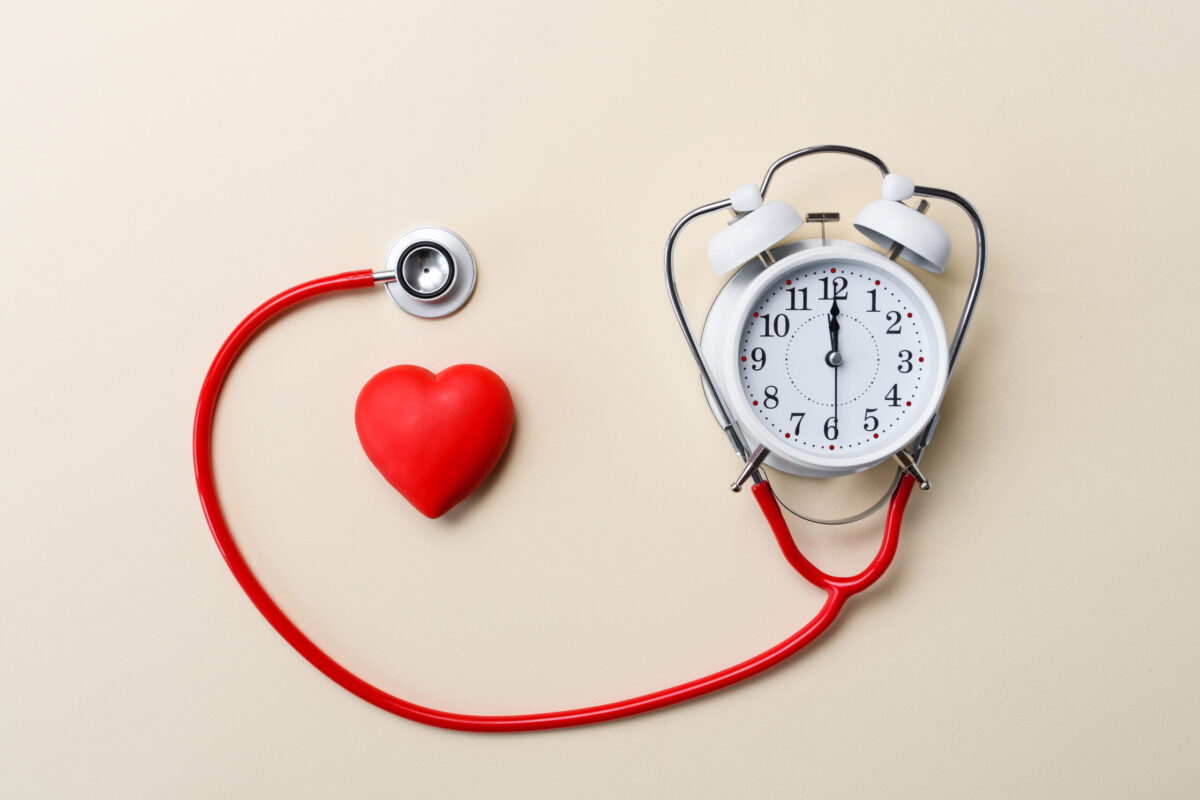When you’re tired and running on fumes, it’s hard to concentrate. You may become cranky and irritable, and it may affect your relationships with others.
Unfortunately, those aren’t the only downsides of not getting enough quality sleep. “Short sleep duration is associated with many adverse health outcomes. This includes impaired performance, obesity, hypertension, diabetes, poor mental health, and even mortality,” says Dr. Andrew Vernon, a medical director with BlueCross BlueShield of Tennessee. “People don’t often connect sleep to heart health, but they’re definitely related.”
How sleep affects your heart
Dr. Vernon: Sleep is so important to your health that the American Heart Association (AHA) has recently added sleep to its list of essential healthy behaviors known as the Essential 7 list, making it now the Essential 8. Other behaviors on the list include:
- eating better
- quitting tobacco use
- being more active
- managing your weight
- managing your blood sugar
- controlling your cholesterol
- managing your blood pressure
On average, adults need seven to nine hours of sleep each night. Not logging that much sleep raises your risk for cardiovascular disease. And you’re also at higher risk for:
- high blood pressure,
- elevated blood sugar levels, and
- elevated cholesterol levels.
All of which can raise your risk of heart disease or stroke.
In Tennessee, nearly 40% of the population has high blood pressure. The state also has one of the highest mortality rates from hypertension in the country.
What you need to know about high blood pressure and hypertension in Tennessee.
Two sleep disorders to watch out for
If you’re not getting at least seven hours of sleep per night, you’re putting your cardiovascular system at risk. You also need to watch out for sleep disorders that can rob you of healthy sleep and as a result, impact heart health.
Sleep apnea
Sleep apnea is a medical condition that causes you to repeatedly stop and start breathing all night long. All those interruptions spur your body to release extra stress hormones. This can lead to heart disease, stroke, and high blood pressure over time. Plus, it can also contribute to obesity, which is also a risk factor for cardiovascular disease.
Insomnia
If you have trouble falling asleep or staying asleep, you’re familiar with insomnia. Approximately 1 in 10 adults in the U.S. struggles with long-lasting insomnia. And about half of all adults experience some short-term insomnia from time to time. Insomnia is linked to both high blood pressure and heart disease.
How to get the healthy sleep you need
Dr. Vernon: Once you understand that you really do need to prioritize a good night’s sleep, you can start refining your current behaviors and making improvements. This can include lifestyle modifications like cutting back on your caffeine consumption or even eliminating your caffeine consumption in the evening.
Other steps to help you improve your sleep quality and quantity with the goal of maintaining good heart health include:
- Stick to a regular routine. A consistent bedtime and wake-up time will help you get the sleep that you need. Yes, even on weekends.
- Limit your media consumption before bedtime. Some experts suggest leaving phones and tablets outside the bedroom altogether. But at least set limits for yourself. It might also help to dim the screen or use a red filter app in the evening to block the blue light that might affect your circadian rhythm.
- Put your phone on “do not disturb.” You can set your phone so that notifications and calls don’t come through and wake you up while you’re sleeping.
- Avoid alcohol use before bedtime. Alcohol can also disrupt your sleep. Stick with a heart-healthy drink that’s alcohol-free instead.
- Make your bedroom a refuge. You want your sleeping quarters to be as quiet and relaxing as possible. Use curtains or blinds to shut out any light that could keep you awake. Turn down the temperature or use a fan to keep it cool, too.
- Exercise regularly. You’ll find that you sleep better when you get some physical activity each day. However, don’t head out for a run or a bike ride right before bedtime. Give yourself some time to wind down.
Also, regardless of whether you’re sleeping well or not, pay attention to any symptoms that something might be wrong. Seek medical care if you experience any chest pain or discomfort, shortness of breath, unexplained fatigue, or pain that radiates into the jaw, neck, back or arms. Something else to keep in mind: the symptoms of a heart attack can be different for women than they are for men, so it’s not always easy to tell.
Need some help making lifestyle changes? Reach out to your healthcare provider with your questions or concerns. You might also consider looking into the Blue365 program, which offers health and wellness discounts for many BlueCross BlueShield of Tennessee members.
Read about one woman’s experience having a heart attack.
Get more information about specific health terms, topics and conditions to better manage your health on bcbst.com. BlueCross BlueShield of Tennessee members can access wellness-related discounts on fitness products, gym memberships, healthy eating and more through Blue365®. BCBST members can also find tools and resources to help improve health and well-being by logging into BlueAccess and going to the Managing Your Health tab.


